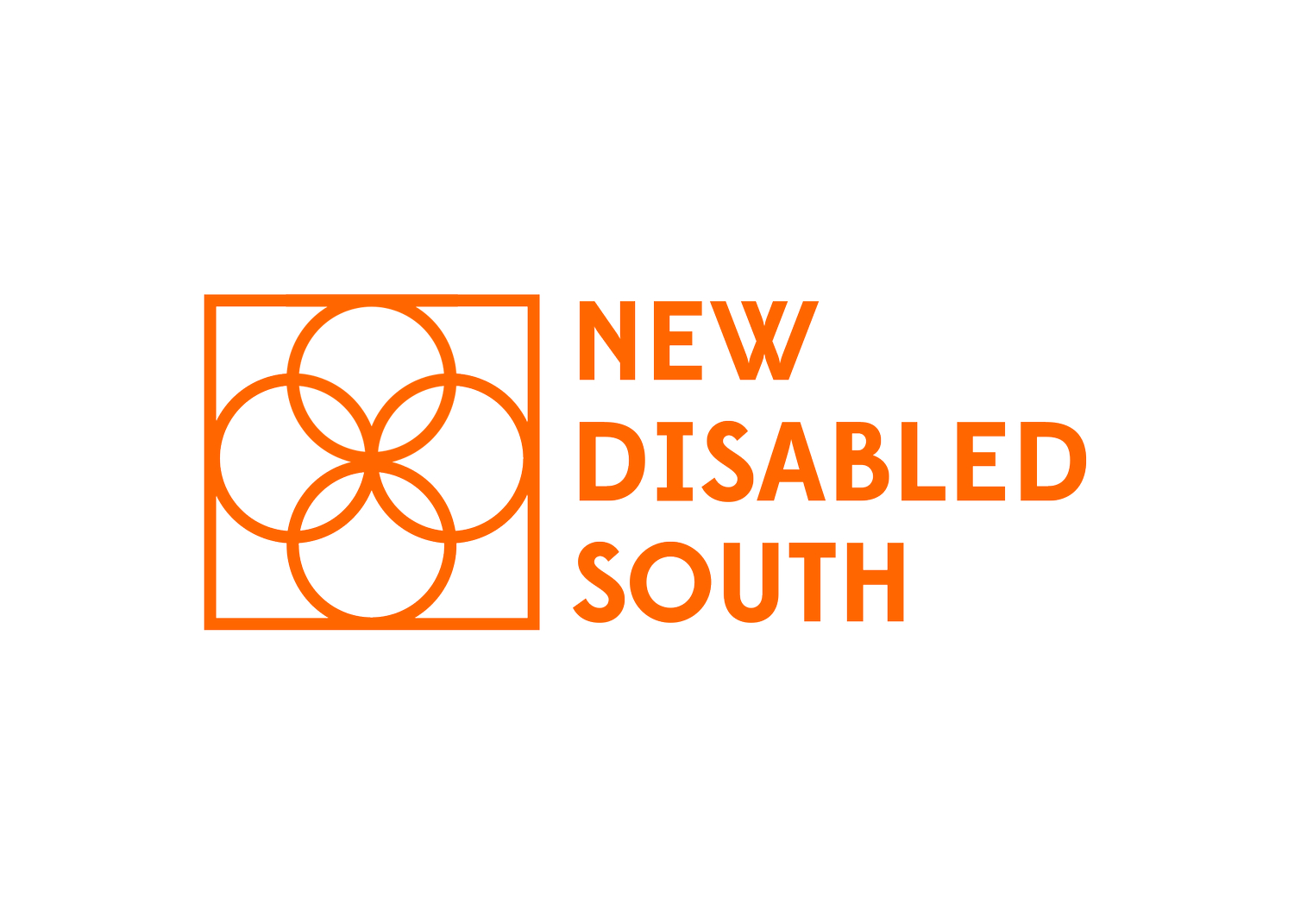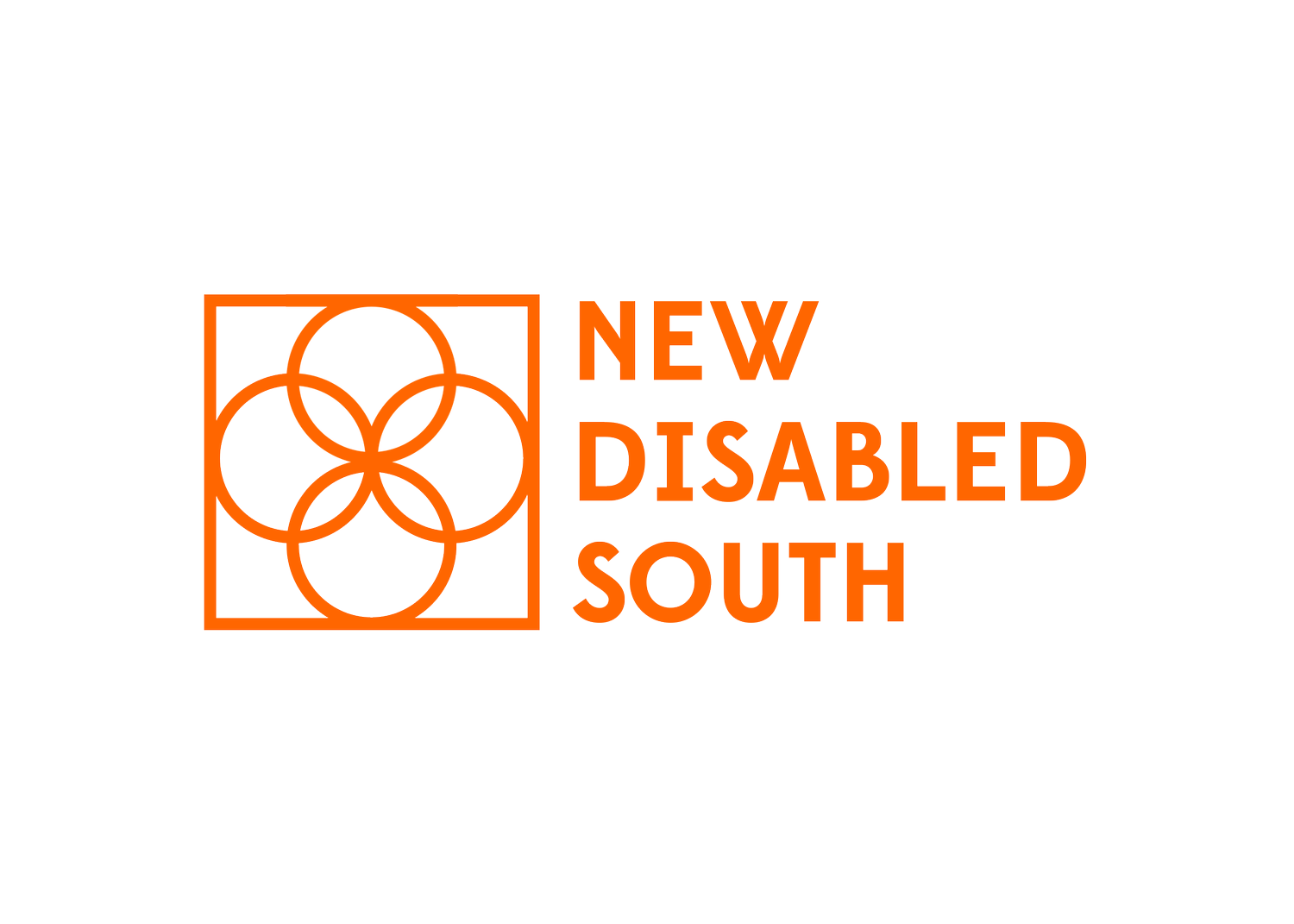For disabled people in the South, voting rights are under fire
I grew up in a log cabin in Alabama, in a rural but beautiful area where my sister and I played outside in a creek and searched for tadpoles in the pond. I still have a deep love for Alabama—its picturesque mountain views and wild muscadine grape vines. I proudly scream “Roll tide” every Saturday each fall and speak fondly of the small but mighty Methodist Church we attended each Sunday. I hoped to return one day as a resident, but I do not currently feel safe as a disabled person in a state who enacts laws like House Bill 209, which criminalizes absentee ballot assistance. This law disproportionately impacts the disabled and elderly community who frequently need assistance filling out and returning their absentee ballots. Alabama HB 209 makes it a felony—punishable by up to 20 years in prison—to pay someone to distribute, order, collect, deliver, complete or pre-fill someone else’s absentee ballot application.
I believe voting is a fundamental right in any democracy. In recent years, several southern states including Alabama, Georgia and Texas have introduced new voting laws that raise concerns about accessibility and equity—particularly for people with disabilities. These laws, often presented as measures to prevent voter fraud or improve election security, create significant barriers for those who already face challenges in exercising their right to vote.
As a blind person, I need help performing many tasks, including voting. My blindness was progressive, brought on by a rare reaction to medication used to treat my autoimmune disease. I began to notice my surroundings appeared dark, even during daylight hours. Over a period of three years, I lost my color vision, night vision, depth perception and peripheral vision. My remaining vision is best described as limited tunnel vision. I have bad days where my little remaining vision is full of dark “floaters” and I take breaks from screens regularly due to migraines from severe eye strain. I can no longer drive and began using a white cane this summer to sweep in front of me as I navigate spaces I am unfamiliar with.
I now worry about my voting plans in ways a nondisabled person never has to. I must check for accessible entrances, like a ramp or elevator. Unfortunately, many polling places across the south remain inaccessible for those of us using mobility aids. I worry about not being able to read the text on the voting machine. The last time I voted in person I had begun to lose my color vision and depth perception. I had difficulty inserting my yellow card into the machine and deciphering the selections on the screen. I worry about whether or not the volunteers at my local polling place will be educated on voter assistance laws or will they try to stop my husband from helping me?
Laws such as HB 209 add an extra layer of difficulty to what can already be a burdensome process. It greatly limits the assistance disabled folks are able to ask for and strips away the few options someone who lives alone, is homebound or resides in a care facility can seek for support filling out and returning a ballot.
Across the U.S South, disabled people disproportionately face challenges when voting. In Texas, Senate Bill 1, passed in 2021, limits who can assist voters in returning their mail-in ballots and imposes stricter identification requirements. Such measures create additional hurdles for disabled voters who rely on caregivers or family members to help them vote by mail. Additionally, Georgia has adopted new laws to limit the number of drop boxes per county and restricts their use to early voting hours. This can be particularly problematic for disabled voters who may have limited access to transportation or rely on public services that are not available outside regular working hours.
These new voting laws have substantial implications for disabled folks. According to the U.S. Census Bureau, there are an estimated 38 million eligible voters with disabilities in the United States, many of whom live in the South. Continuous barriers to voting disenfranchises a large portion of the population. Speaking as a multiply-disabled person, these hurdles can feel insurmountable.
However, I do have hope. I see hope and a way through via the work of organizations like New Disabled South (NDS) who are actively working to uplift the voice of the disabled community. NDS is fighting back against anti-voting efforts and championing solutions that tear down barriers that keep disabled voters out of the democratic process. This includes investing in research that looks for solutions to make voting more accessible, educating and engaging with policy makers at the state and federal level to ensure the disabled community is heard and educating disabled voters on their rights.
It is my hope one day I will not have to worry about lack of accessibility or who will legally help me fill out an absentee ballot. The new voting laws in the south highlight the ongoing challenges faced by disabled voters and the need for continuous advocacy and reform to ensure that every vote is counted. While progress has been made, much work remains to make the democratic process truly inclusive for all.

